The Debt Management Office (DMO) Nigeria has said that it has budgetary approval for N1.7 trillion external debt borrowing.
The Director General of DMO, Ms. Patience Oniha disclosed this at the 2023 Annual Business Summit of Capital Market Solicitors Association (CMSA) held in Lagos.
Speaking at the fireside chat at the summit tagged ‘Recent Developments in Sub-Saharan African Sovereign Debt: Implications for Nigeria, Oniha said the value of the budgetary approval amounts to about $2 billion.
- “Talking about external borrowing, let me clarify that this year’s budget has room for a new external borrowing of about N1.7 trillion. When you convert that to official rates. It gives you about $2 billion.
- So, the reason that there’s no plan to issue a Eurobond, is that the market has not been open to many African countries. If you look at the whole of this year, no African countries have been able to issue Eurobonds.
- We’re told that we have advisors who have been working with international banks and, maybe, in a queue for markets to be open.
- Once the market is open and the rates are good, we will go to the market,” she said.
Reasons for Eurobond
Oniha noted that two principal reasons why the Government started the Eurobond scheme which started the first one in 2011 were to raise money to increase external reserves and to reduce our borrowing in the domestic market.
- “Another reason was to stop the crowding out effect that we were accused of. So, we are very much on course with the point about supporting reserves.
- If the markets are open, there’s already a provision in the budget for external borrowing,” she said.
Speaking on appetite for the rate adjustment, Oniha said:
- Anytime we are borrowing from the market, the rate depends on the market at that time, not the historical.
- Same thing with the local market, we work on the rates we’ve received from our advisors, we do an update practically every month and it must be good for us to consider it”.
Rising debt profile: She noted that Nigerian debt has grown since it exited the Paris Club, adding that the key driver of the debt is the country’s budgetary deficit.
- For over 20 years, Nigeria has been running a deficit budget as revenue has performed relatively low to the budget. Total debt stock as of June is about N87 trillion which was spurred by Ways and Means of CBN”
Budget formulation
Oniha stressed the need for Nigerians to be active citizens in budget formulation.
She noted that this becomes necessary in recognition of the fact that citizens who are the main stakeholders should be partners in the development engineering of the country.
- “Governments in developing countries are increasingly becoming aware that citizens’ inputs are imperative to the development of the country as they want to be involved in the governance of the state by participating in the budgetary process because the failure of government policies negatively impacts the development of the country,” she said.
Debt crisis
Razia Khan, Chief Economist & Head of Research, Middle East & Africa, Standard Chartered Bank said though Nigeria has seen a very trying time she does not believe the country faces a high risk of debt crisis.
She, however, noted that lower fiscal deficit, less crowding out, policy reform to determine the interest rate environment, and a more stable economic backup are needed to boost the economy.

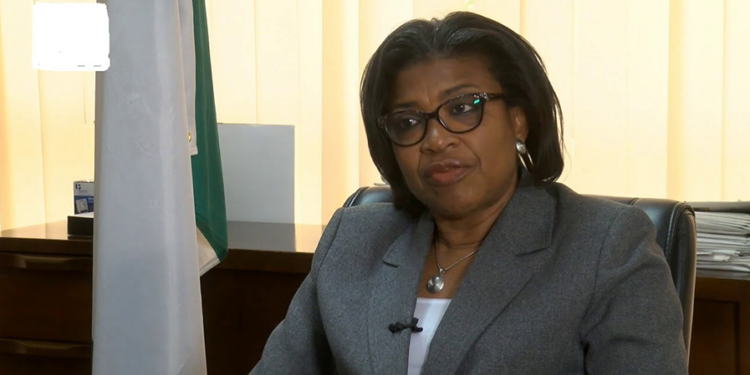






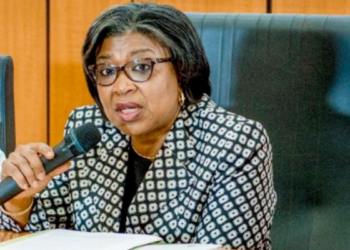
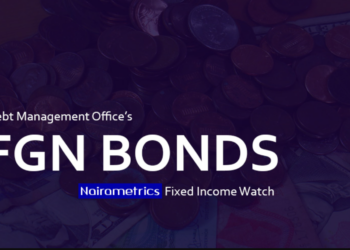
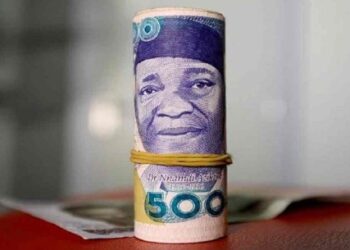
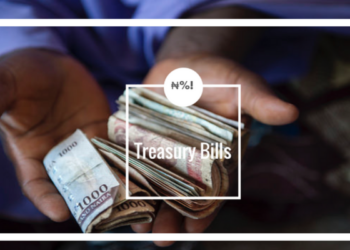













Should we DMO that budget is just a statement of intention. We say no.to.new loans. The capacity to pay is just not there anymore. Don’t create a lawless banana republic out of the country